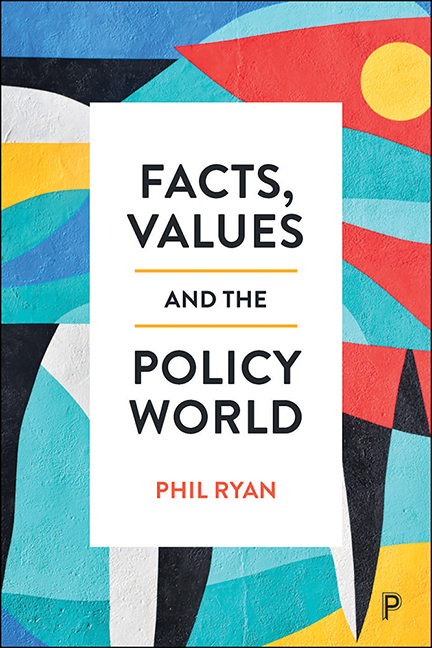6 - Networks of belief
Published online by Cambridge University Press: 15 September 2022
Summary
This chapter considers the implications for the policy world of four key qualities of our networks of beliefs: those networks are not transparent; belief is a matter of degree; the categories of true and false can be applied to values and interests; and our networks of beliefs are foundationless.
Opaque networks of belief
Imagine a perfectly efficient library. The library catalog department notes each new item as it arrives, entering the relevant information into its computer system. At any given moment, one can thus identify every single book in the library. Our beliefs, obviously, are not at all like that. We don't consciously register each belief as it enters our head. We have picked up beliefs over the course of our lives, often embracing them without being fully conscious of doing so. This is particularly true of beliefs that do not take the form of explicit propositions: our store of labels and concepts, through which we organize our lived reality, the codes through which we interpret the behavior of others and so on. And so we are never fully aware of our personal network of beliefs.
Several implications flow from the opacity of our network of beliefs. It entails, first, that to aspire to a ‘value-free’ approach to research is naive, as the aspiration assumes that we can identify our values and lay them aside. Non-transparency also challenges one of the alternatives to the value-free approach: the ‘confession’ of one's values and biases, since one cannot confess to something of which one is unaware. Where does this leave the policy analyst? An observation from philosopher of science Helen Longino is helpful: objectivity, she notes, ‘is a characteristic of a community's practice of science rather than an individual’s’ (1990, 74). That is, objectivity emerges from an ongoing collective practice of making and critiquing claims and arguments. Thus, it is precisely a searching dialogue between analysts who disagree sharply on a policy issue that can uncover many of their respective biases and assumptions. Many, but not all: one of the inevitable limits to all dialogue is that biases and assumptions shared by interlocutors will generally not be uncovered.
- Type
- Chapter
- Information
- Facts, Values and the Policy World , pp. 73 - 82Publisher: Bristol University PressPrint publication year: 2022



